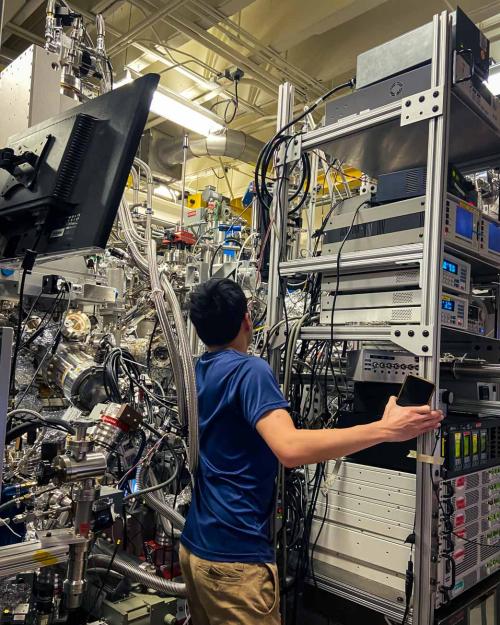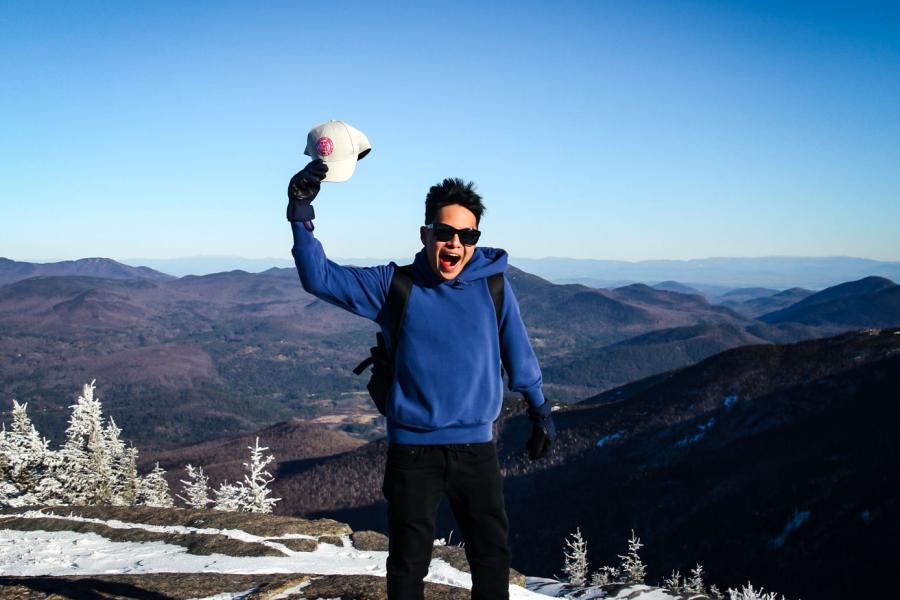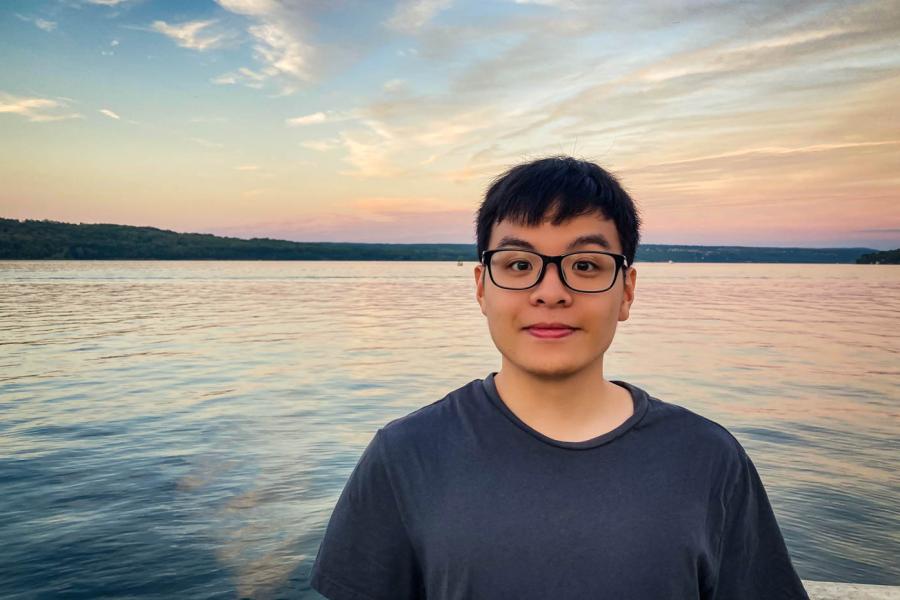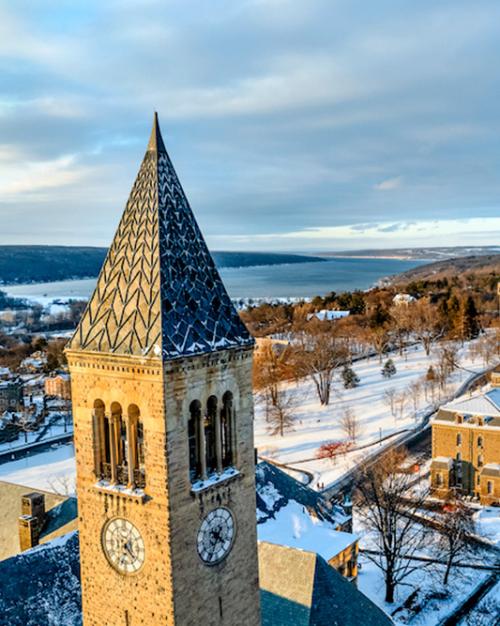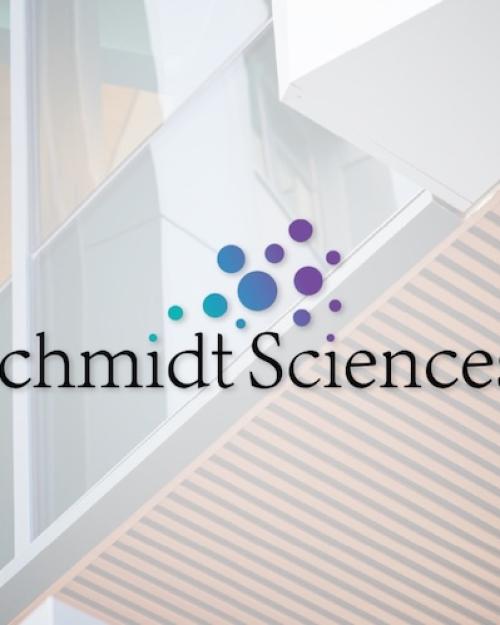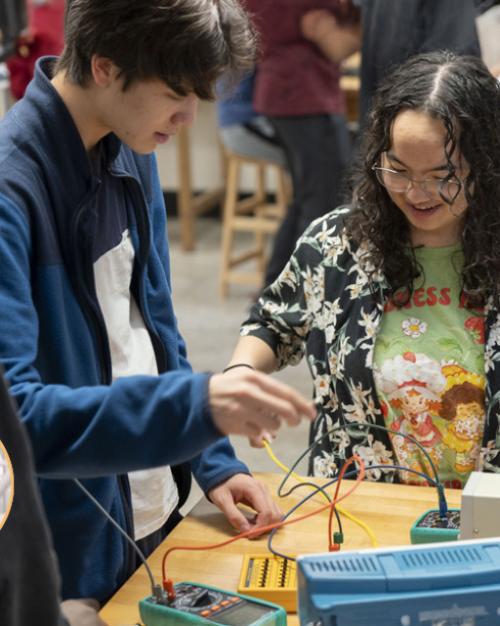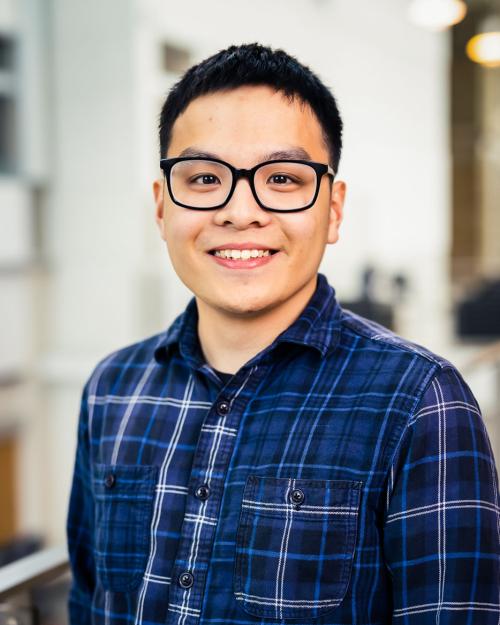Yaoju Tarn
Physics
Singapore
What have you accomplished as a Cornell student that you are most proud of, either inside the classroom or otherwise?
I was involved in quantum materials research under Professor Kyle Shen’s group for all of my years at Cornell. Throughout my time in the Shen Group, I gained valuable experience in
handling ultra-high vacuum (UHV) systems. I was honored to be the only undergrad who could conduct molecular beam epitaxy (MBE), angle-resolved photoemission spectroscopy (ARPES), and in-situ low-temperature transport experiments without supervision. From the unparalleled opportunity to be so deeply involved in such projects, emerged two upcoming major co-authorships on superconductivity in iron selenide. Additionally, I published a first-authored paper where I developed a new method in ARPES to map 3D Fermi surfaces without a synchrotron. However, beyond the concrete achievements above or the rare suite of skills I developed, I would say my greatest takeaway from research was the true value of grit — real research is both exhausting and exhilarating. Something will always break. Experiments will fail. A real scientist must have the mettle to forge ahead.
How have your beliefs or perspectives changed since you first arrived at Cornell?
Through interactions with people from various backgrounds and exposure to new ideas, I have come to realize the necessity of seeking out diverse perspectives before coming to a conclusion about anything. I have also discovered the value of decisiveness and objectivity in making tough but practical choices.
Who or what influenced your Cornell education the most? How or why?
Dr. Brendan Faeth, staff scientist at the Platform for the Accelerated Realization, Analysis and Discovery of Interface Materials (PARADIM) at Cornell, taught me extremely useful lab skills that were remarkably transferrable to many aspects of my time at Cornell. I deeply admired most of the cheap but exceptionally effective solutions he implemented in the lab, and found myself optimizing my workflow in a similar way. From how to approach an unexpected problem most logically to how to formulate an insightful train of thought, Dr. Faeth’s mentorship profoundly improved my ability to analyze problems, weigh risk versus reward and think creatively.
If you were to offer advice to an incoming first year student, what would you say?
You owe it to yourself to learn as much as possible, and one of the best ways to improve your understanding is to ask questions. Most professors would agree that there are no stupid questions, so be brave and just do it. I’m reminded of a remark by Prof. Yuval Grossman, “if more than one student has the same doubt, then half the class does too but are afraid to ask.” Cornell is an uphill climb (both physically and metaphorically) — don’t let the fear of asking questions be a roadblock along your journey.
What are your plans for next year?
I will be working on superconducting qubits with the Agency for Science, Technology and Research (A*STAR) in Singapore for one year, after which I will apply to graduate school in the U.S. and work toward a Ph.D. in experimental condensed matter physics.

